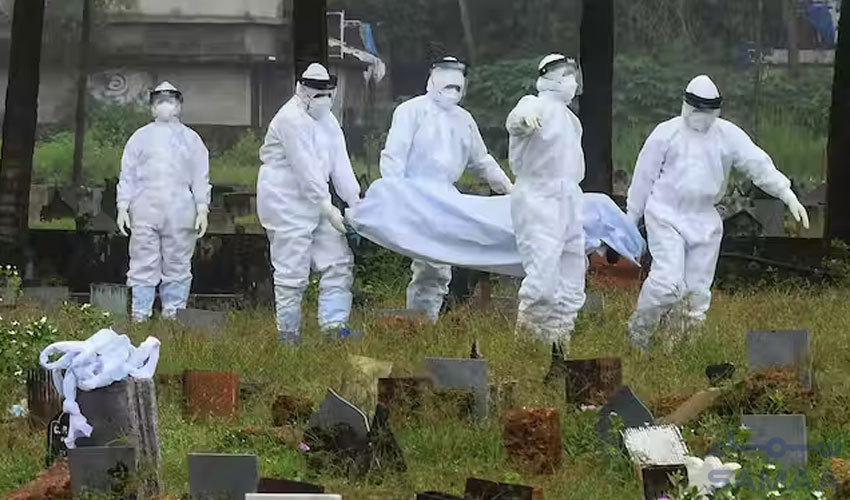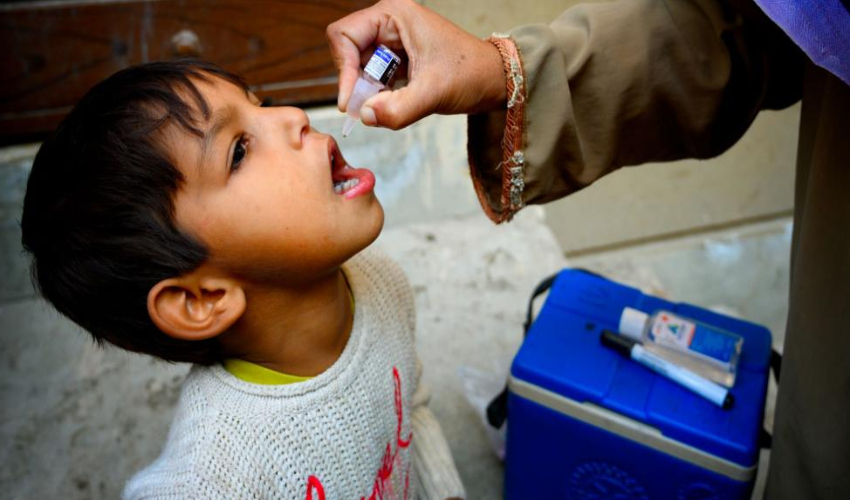With the concerns rising about the virus’s possible transmission to Pakistan, the Sindh Health Department has issued an advisory regarding the potential spread of the dangerous "Nipah" virus, which has affected numerous individuals in India.
In light of the threat posed by the Nipah virus, the advisory exhorts all employees of the health department to exercise caution.
The medical superintendents, directors, and livestock departments have been advised to exercise caution in a letter sent by Sindh's director of health to hospitals around the state.
The Nipah virus is known to transmit quickly between and among people and from animals.
The warning also lists the virus's symptoms, which can include fever, headaches, body pains, and, in severe cases, coma.
Read also: Nipah virus: Growing challenge for India
It is important to remember that Sindh has not yet recorded any instances of the Nipah virus. However, in neighboring India, where the virus has already claimed over 100 lives and infected more than 300 people, there are worries that the infection rate will continue to rise.
What is Nipah virus?
Nipah virus (NiV) is a deadly virus that can spread from animals to humans.
It is found in fruit bats, and it can be transmitted to humans through contact with infected bats, their saliva, urine, or other bodily fluids, or through contact with contaminated food or water.
The symptoms of Nipah virus infection can include fever, headache, sore throat, cough, muscle aches, diarrhoea, vomiting, confusion, seizures, and coma.
It also includes encephalitis (inflammation of the brain) and acute respiratory distress syndrome (ARDS).
The case fatality rate for NiV infection is high, ranging from 40% to 75%.
NiV can spread
- Direct contact with infected bats: This can happen if you touch or handle an infected bat, or if an infected bat bites you.
- Contact with contaminated food or water: This can happen if you eat food or drink water that has been contaminated with the NiV virus.
- Contact with the bodily fluids of an infected person: This can happen if you touch or handle the saliva, urine, or other bodily fluids of an infected person.
There is no specific treatment for Nipah virus infection, but supportive care can help to improve the chances of survival. This may include providing fluids, oxygen, and medications to manage symptoms.



























